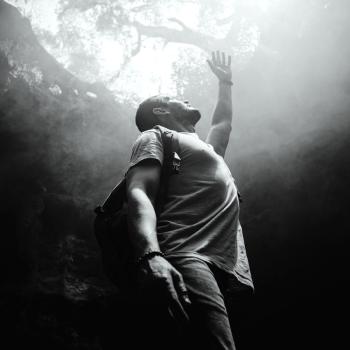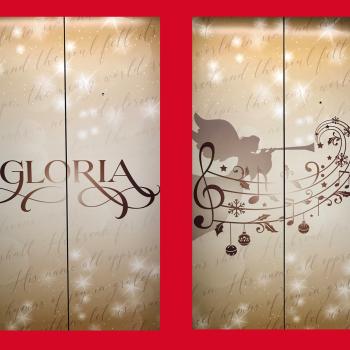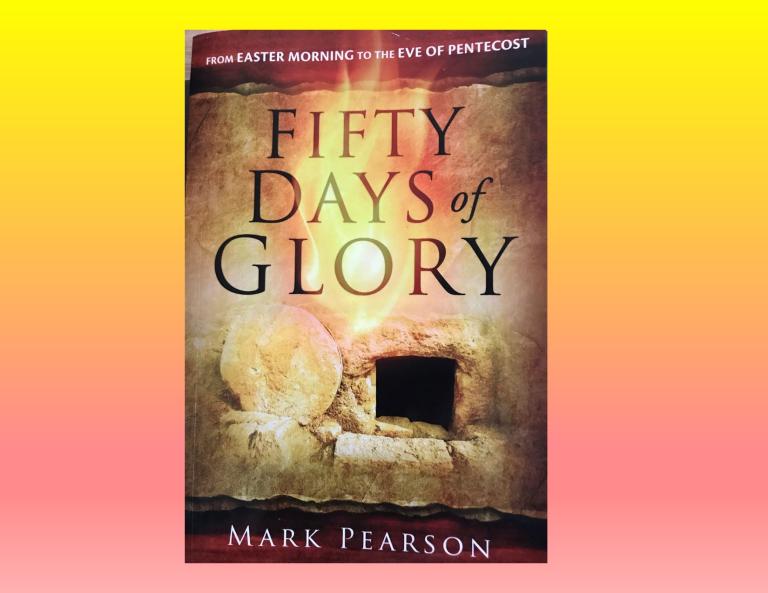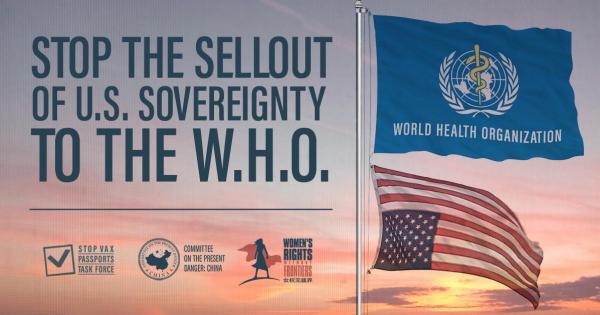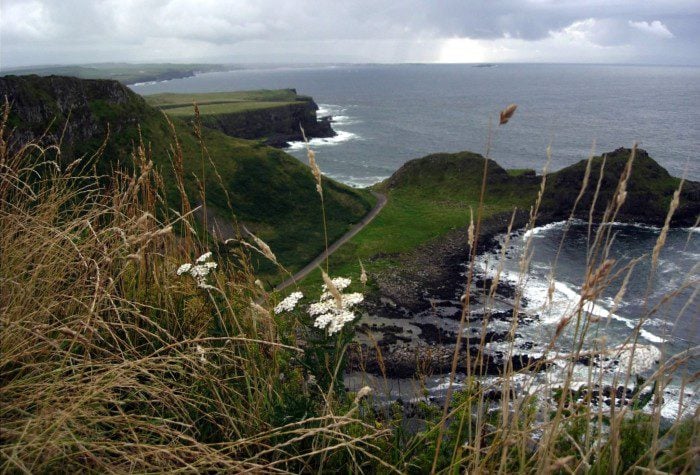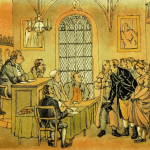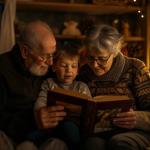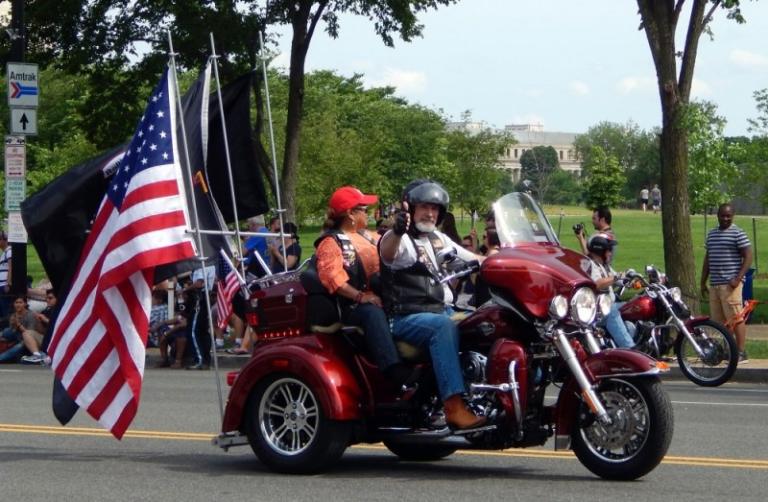
Every year I re-post this piece that I wrote in 2011.
I do it as a tribute to the young servicemen that I met as a ten year old in New London, Connecticut, during the Vietnam War. I do it to honor the fallen and the lost, the ones who never found their way again when they came home, and the ones who endured the hostility and the alienation to live strong and good lives. And I do it especially in memory of 99 Submariners of the U.S. Navy, the crew of the U.S.S. Scorpion (SSN-589) that went down with the ship on May 22, 1968.
Originally appeared in Breitbart’s Big Peace, Memorial Day 2011
Friday night we had a quite a storm in Washington, DC. It knocked out the electricity, so for entertainment we watched lightning and listened to thunder. It was an appropriate opening to the weekend. You may know that every Memorial Day weekend, a different type of thunder rolls through town.
Rolling Thunder, named after the 1965-68 bombing campaign against North Vietnam, began in 1987 when four Vietnam Veterans organized 2500 motorcycles to ride through the streets of Washington, DC to demand U.S. government accountability for POW’s and MIA‘s. At that time there had been 10,000 possible sightings of live Americans living in captivity in Vietnam, but these sightings were frequently ignored by the government and by the media.
Today, over 250,000 bikes participate in Rolling Thunder, though not all the bikers are war veterans. Particularly since 9/11, Rolling Thunder is not just about POW/MIA issues, but a display of patriotism and respect for all soldiers and veterans. Still, whenever the bikes roll into town, ridden largely by bandana-coiffed, leather-vested men prominently displaying American flags, I remember my brief childhood experience with U.S. forces that fought in the Vietnam War. These may be aging bikers with grey hair and beer bellies, but when I look at them, I see the young, extremely clean cut young men of forty-four years ago.
In 1967, I was ten years old. My father was the chaplain/director of The Salvation Army’s “Red Shield” club for servicemen – sailors and coast guards, mostly – in New London, Connecticut. The club was a storefront building close to the top of State Street, that ran from the big public library (1889) down to the waterfront — which was far sketchier than it was trendy then.
On the first floor, the club boasted comfortable leather chairs, books and magazines, televisions (they may have even been color!), and a chapel.
Downstairs was a luncheonette counter and a dozen or so table and chair sets where the “boys,” as my mother called them, could get free coffee and tea, cold drinks, doughnuts, and what seemed to be their favorite – peanut butter and jelly sandwiches – anytime the club was open. On Saturday evenings and Sunday noon after a “Vesper Service,” the Red Shield Club served a hot meal, such as tuna and noodle casserole (another favorite). I always thought it was odd that these big guys liked such simple food, but my wise mother understood that these meals that reminded them of home. So did the special Thanksgiving and Christmas meals, accompanied by a small gift bag with aftershave, other toiletries, and a pocket-sized New Testament & Psalms.
Once a month, the club provided free phone calls home. Sometimes these calls came just before a young man was leaving for the war. I can remember my mother praying with many of these young men. Usually it was those who had presented the toughest veneer who crumbled first when my mom put her arms around them.
I was just a fifth grader who read the club‘s Reader‘s Digest Condensed Books, and hung out with the guys who were like big brothers to me. I didn’t know much about anything then, particularly about the war, its pros and cons, or about Communism. All I knew was that they were my friends. They played Ping-Pong and table top shuffleboard in the basement of the Red Shield Club with me. They also taught me how to play pool, much to the consternation of my father whose view of billiards was like that espoused by Professor Harold Hill in River City.
These big brothers were a fleeting presence in my life, there, and then gone. They seldom returned. And since I usually only knew their first names, I never knew what happened to them. In the spring of 1968, a submarine called The Scorpion imploded and went down with a crew of 99 on board. To this day there are still questions about how it happened.
I think some of the guys with whom I had played pool at the Red Shield Club were on The Scorpion. In any case, seeing the faces of the crew, along with the notation “went down with his ship,” hurts almost as much as it does when I see the faces of those killed on 9/11.
Others, who had cried when my mother showed them tenderness and watched television with me, were among those who were spat upon and called “Baby Killers” (by the forerunners of Code Pink) when they returned home. It took a few years for my intellect to catch up with my emotions, but even when I was totally uneducated in the ways of foreign policy and political machinations, and before I had heard about the thousands of “boat people” fleeing from the grip of Hanoior met Vietnamese Christians who told of their love and gratitude to the G.I.’s, I knew it was a diabolical lie by people who didn’t really care about Vietnamese babies (any more than Code Pink cares about Iraqi and Afghani babies). I wanted to say “sorry,” “please forgive us,” to every Vietnam veteran I met.
That’s what I think about whenever the Rolling Thunder guys roll in. I examine each face, looking for a trace of Roger, the Coast Guard who loved powdered sugar-covered jelly doughnuts, or Paul, who wrote lots of letters, sitting with a clipboard in a leather arm chair at the Red Shield Club, or a big Scandanavian-looking Ping Pong player with the unlikely name of Santa Klauss who gave my mother big bear-hugs.
Although I know I’ll never see them — anymore than I will see the face of the guy whose name I seem to remember as Dennis, who taught me how to play pool, then left forever on The Scorpion — I will always look for them. And on Memorial Day, when I remember the fallen, I will remember them.





